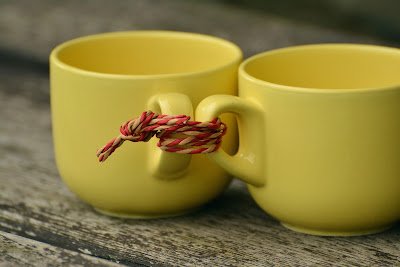- behave (v.)
- early 15c., from be- intensive prefix + have in sense of "to have or bear (oneself) in a particular way, comport" (compare German sich behaben, French se porter). Cognate Old English compound behabban meant "to contain," and alternatively the modern sense of behave might have evolved from behabban via a notion of "self-restraint."
Will you notice when you're part of the Hive
mind?
And will you know the queen that you're
serving?
Will you notice when fear drives your
behavior?
And will you know what assimilates your
thoughts?
Will you notice when your will is rather
ill?
And will you know what it is that forms
your choices?
…When you Be.Have –
you're aligned to a "Have"
and are no longer A-Live
…you are owned and ruled –
your life force harvested
…and what you think you possess
will in turn possess you
To set yourself free
you must first acknowledge
and own up to your Truth,
recognize your own enslavement –
but alas, can the worker bee see
its entrapment in the queen’s hierarchy?


